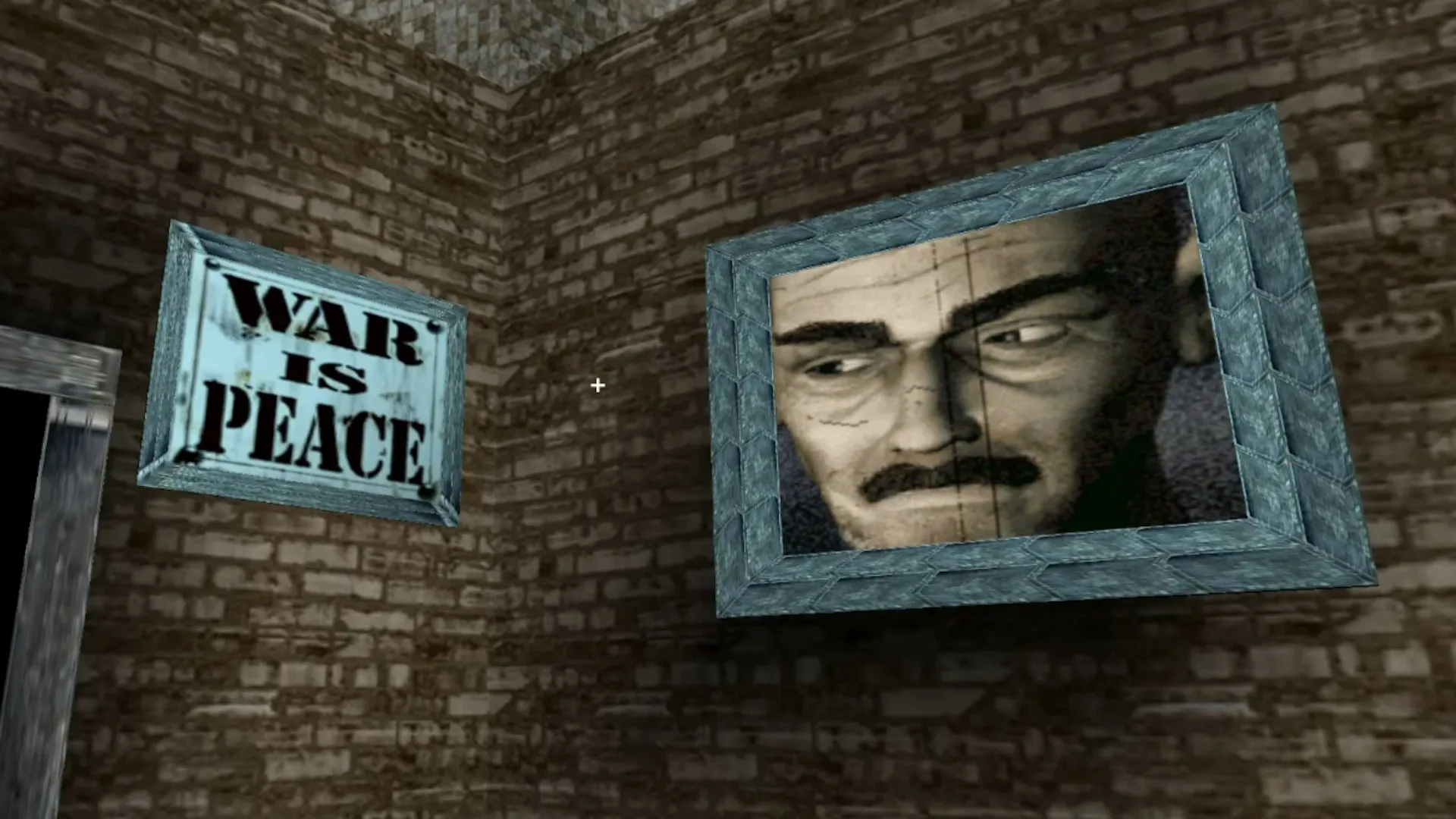Big Brother: The Canceled PC Game Based on George Orwell's 1984

The Emergence of Big Brother
At one point in the late 1990s, the now-defunct studio MediaX was crafting an inexplicable video game sequel to 1984, George Orwell's celebrated exploration of authoritarianism. Titled Big Brother, this game was unfortunately canceled in 1999 and considered lost media until a demo resurfaced online recently.
Details of the Alpha Build
An alpha build of Big Brother, dated January 4, 1999, found its way onto the Internet Archive on March 1, showcasing an intriguing glimpse into what could have been. While this demo is limited, it includes levels and logic files enticingly linked to the full game.
- For the cautious, the Lost Media Wiki has compiled gameplay footage and screenshots alongside the game's development history.
- Players would assume control of a new character named Eric Blair, a nod to Orwell's real name, on a quest to rescue his fiancée from the oppressive Thought Police.
Big Brother's Ambitious Goals
In a 1999 interview with MediaX president Nancy Poertner, the game was described as an interactive adventure with role-playing elements that blended the detail of Riven and the dynamic world of Quake. Remarkably, Big Brother was approximately 70% complete at its cancellation, initially slated for a fall 1998 launch.
Legacy and Future
Before its cancellation, Big Brother garnered attention at E3 1998, winning Best Interactive Product / CD-ROM Educational Game at the Satellite Awards the next year. However, the game's media presence dwindled after a preview in the December 1999 issue of Next Generation, which mentioned a projected Q1 1999 release. Unfortunately, MediaX lost the 1984 license, resulting in abandonment when new publishing opportunities failed to materialize.
Despite various attempts to connect with former MediaX developers in recent years, information about the game's development remains sparse. The unexpected resurfacing of this demo is particularly timely, paralleling ongoing discussions surrounding themes of control and freedom in modern society.
This article was prepared using information from open sources in accordance with the principles of Ethical Policy. The editorial team is not responsible for absolute accuracy, as it relies on data from the sources referenced.